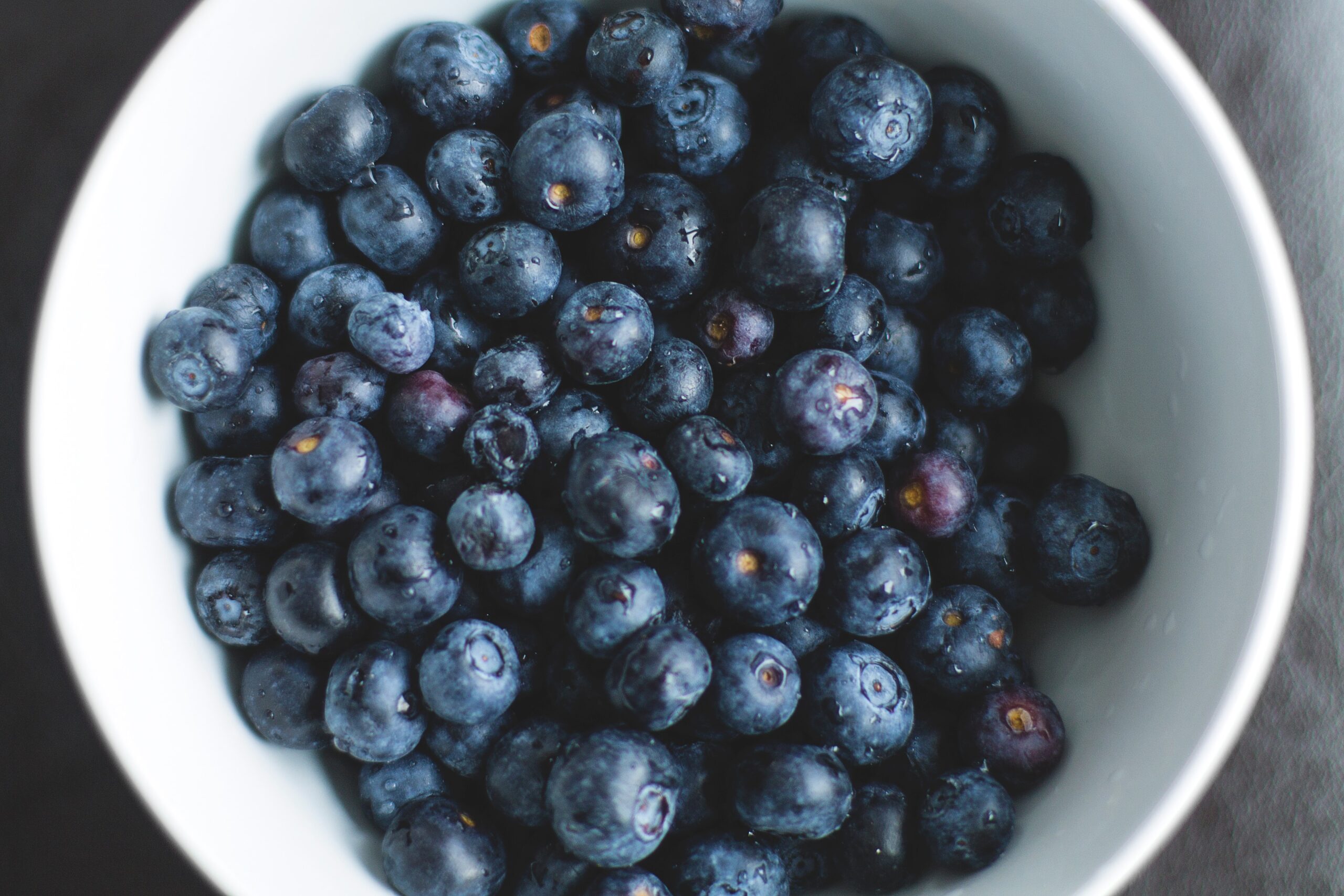TEA AND COFFEE
Drinking early morning coffee or tea provides more than just short-term concentration. Low levels of caffeine may help in boosting concentration and solidifying new memories by blocking adenosine, a neurotransmitter in the brain that induces sleepiness.
Recent studies have found that caffeine results in increased brain entropy, which is a complicated brain activity. High brain entropy enables the brain to process more information. Coffee is also a good source of antioxidants that support the brain’s health with increasing age. This reduces risks of cognitive decline, Parkinson’s disease, Alzheimer’s disease, stroke, and other conditions affecting senior living.
However, it is important to note that too much caffeine can overstimulate the nervous system, causing headaches, restlessness, jitters, and sleep issues. Please consult with your doctor before increasing your caffeine intake.
BROCCOLI
Apart from being a source of low-calorie fiber, broccoli is good for brain memory. Broccoli contains glucosinolates that are broken down in the body to isothiocyanates. Isothiocyanates in the body may significantly reduce oxidative stress and the risks of neurodegenerative diseases. Broccoli is also rich in Flavonoids and Vitamin C, which boosts overall brain health.
FISH
Fish is a long-known good source of fatty acids, specifically Omega-3. These fatty acids help in the development of membranes around various cells in the body, including brain cells. Including sufficient amounts of oily fish in the diet improves the structure of the basic brain cells, called neurons.
A conclusive study found that those who take a sufficient amount of omega-3 acids benefit from better blood supply to the brain and other benefits. There is also a significant connection between better-thinking abilities or cognition with omega-3 levels. Some of the foods with a high level of omega-3 fatty acids include salmon, tuna, sardines, tuna, and mackerel.
BLUEBERRIES
Blueberries have multiple health benefits, including some that are specific to the brain. Blueberries deliver anthocyanins, which have notable antioxidant and anti-inflammatory effects. Antioxidants help in reducing inflammation, oxidative stress, and other conditions that contribute to neurodegenerative diseases and brain aging. These compounds also accumulate in the brain, improving communication between brain cells, which may delay short-term memory loss, and may improve memory.
EGGS
Eggs are a good source of proteins and other nutrients linked to brain health, including folate, Vitamin B6, and B12. Choline is an essential micronutrient in the body that synthesizes acetylcholine, a neurotransmitter that regulates both mood and memory. Most people don’t take enough choline in their diet. However, eating eggs is an easy way of getting choline, since egg yolks have concentrated amounts of this nutrient.
There are many reasons why you could be feeling forgetful. It could be due to lack of sufficient sleep or other reasons, such as genetics, diet, lifestyle, environmental factors, and levels of physical activity. Park Central in Amarillo, TX, aims at enhancing the brain’s memory while providing excellent home care. (All the foods that are featured in this article are regularly included in our excellent cuisine.)


